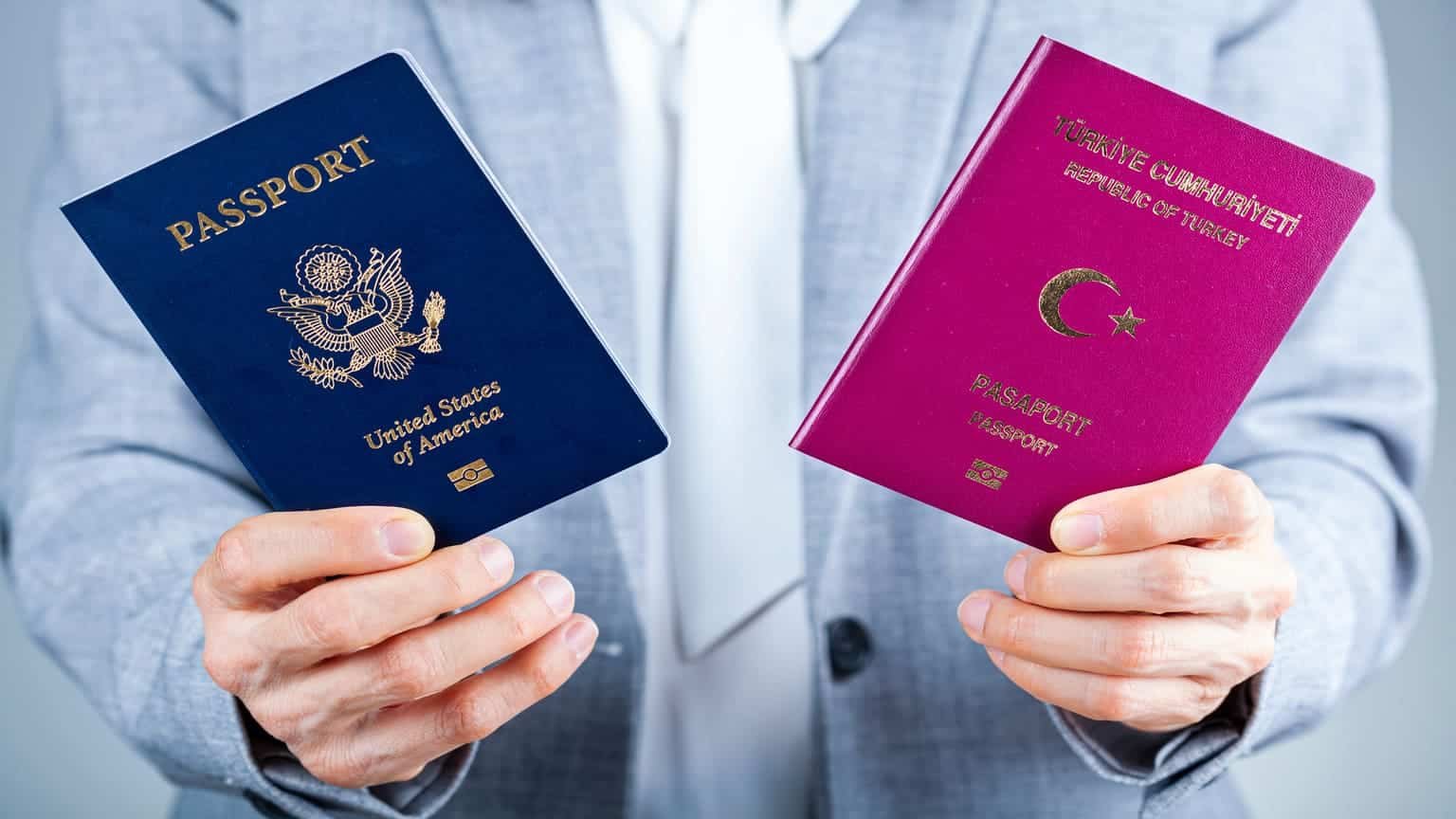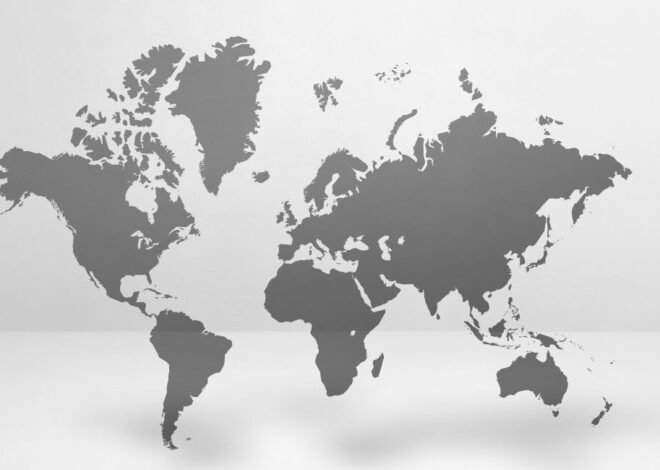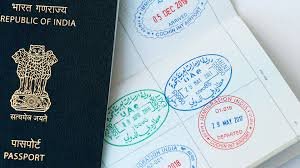
How to Obtain a US Visa as a Dutch Citizen
For Dutch citizens planning to visit the United States, securing the appropriate visa is a crucial part of the travel process. US VISA FOR DUTCH CITIZENS The United States offers various visa options based on the purpose of the trip, ranging from tourism and business to study and work. This article will outline the types of U.S. visas available for Dutch citizens, the eligibility criteria, the application process, common challenges faced by applicants, and essential tips for a successful visa interview.
Types of US Visas for Dutch Nationals
Dutch citizens can apply for several types of U.S. visas depending on their specific travel purposes. The most commonly issued U.S. visas for Dutch nationals are non-immigrant visas, but there are also immigrant visas for those intending to live permanently in the U.S. B-1/B-2 Tourist and Business Visa: The B-1/B-2 visa is one of the most common visa types for Dutch citizens. It is a non-immigrant visa that allows individuals to travel to the U.S. for business (B-1) or tourism (B-2) purposes. The B-1 visa is used for attending business meetings, conferences, or negotiations, while the B-2 visa is for tourism, visiting family or friends, or medical treatment.
ESTA (Electronic System for Travel Authorization): As a member of the Visa Waiver Program (VWP), Dutch citizens can travel to the U.S. for tourism or business purposes without a visa for stays of 90 days or less, provided they have an approved ESTA. However, an ESTA does not apply if the trip involves working, studying, or any other activities beyond tourism or business. F-1 Student Visa: Dutch nationals wishing to study at a U.S. college or university must apply for an F-1 student visa. The applicant must be accepted by an accredited U.S. institution and demonstrate the ability to financially support their education and living expenses while in the U.S. H-1B Work Visa: The H-1B visa is for foreign nationals, including Dutch citizens, who have specialized knowledge and a job offer from a U.S. employer. This visa is typically used by professionals in fields such as technology, engineering, healthcare, and business.
L-1 Visa for Intra-Company Transfers: Dutch citizens who work for multinational companies can apply for an L-1 visa if they are being transferred to a U.S. branch, affiliate, or subsidiary. This visa is specifically for executives, managers, and employees with specialized knowledge. K-1 Fiancé Visa: If a Dutch citizen is engaged to a U.S. citizen and plans to marry in the U.S., they can apply for a K-1 fiancé visa. This allows them to enter the U.S. for 90 days to marry their U.S. partner. Immigrant Visas: Dutch citizens seeking to live permanently in the U.S. for family reunification, employment opportunities, or other reasons can apply for immigrant visas. The process involves more extensive paperwork and often takes longer than non-immigrant visa applications.
Eligibility Requirements for US Visas
Each type of U.S. visa has specific eligibility requirements. However, there are some general requirements that Dutch citizens must meet when applying for any U.S. visa. Valid Passport: Applicants must possess a valid Dutch passport, with at least six months of validity beyond the intended period of stay in the U.S. Proof of Purpose: Depending on the type of visa, applicants need to demonstrate the purpose of their trip. For example, business travelers must provide invitation letters or proof of meetings, while tourists may need to show travel plans, accommodation details, and financial support. Financial Support: Applicants must show that they have sufficient financial resources to cover their travel and living expenses while in the U.S. This may include bank statements, tax returns, or affidavits of support from sponsors. Ties to Home Country: One of the most important factors in securing a U.S. visa is demonstrating strong ties to the Netherlands. US VISA ONLINE This includes showing that the applicant has reasons to return home after their U.S. visit, such as employment, family, property ownership, or academic commitments. No Immigration Violations: Applicants must not have violated U.S. immigration laws in the past. For example, previous overstays or illegal work could result in a visa denial.
Step-by-Step Application Process
The process of applying for a U.S. visa as a Dutch citizen involves several steps, which must be followed carefully to avoid delays or rejection. Complete the DS-160 Form: The first step is to complete the DS-160 online application form. This form requires personal details, travel information, and a digital photo. Once submitted, applicants receive a confirmation page with a barcode. Pay the Visa Fee: Depending on the type of visa being applied for, there may be a visa application fee. The payment must be made before scheduling the interview. Schedule an Interview: Dutch citizens must schedule a visa interview at the U.S. Embassy in The Hague or a U.S. Consulate. The wait time for appointments may vary, so applicants should plan accordingly. Prepare Supporting Documents: Applicants should gather all necessary documentation, including their passport, DS-160 confirmation, visa fee receipt, and any supporting documents (e.g., invitation letters, proof of financial support, or an I-20 form for students). Attend the Interview: The interview is the final step in the application process. A consular officer will ask questions about the applicant’s travel plans and purpose. The officer will decide whether to approve or deny the visa. Visa Issuance: If approved, the visa will be stamped in the applicant’s passport, and they will be informed about the pick-up or delivery process.
Common Challenges Faced by Dutch Applicants
Though the U.S. visa application process is straightforward, Dutch citizens may encounter several challenges: Visa Denials: One of the most common reasons for denial is insufficient evidence of ties to the home country, which raises concerns about whether the applicant will return after their visit. Providing clear and convincing documentation can help avoid this issue. Lengthy Processing Times: Some U.S. visas, especially work and student visas, may have longer processing times due to additional paperwork or background checks. Visa Overstay Concerns: Any history of overstaying a U.S. visa or violating immigration laws could negatively affect future visa applications.
Tips for a Successful Visa Interview
The visa interview is a critical step, and preparation is key. Here are some tips to increase the likelihood of success: Be Honest and Clear: Always provide truthful and accurate information. Any inconsistencies between your application and your answers during the interview could lead to a denial. Prepare Supporting Documents: Bring all required documents, including proof of financial support, employment, or studies. Having complete documentation shows that you are prepared and organized. Practice Interview Questions: Be ready to answer questions about your travel plans, financial situation, and intentions to return to the Netherlands. Practice answering clearly and confidently. Stay Calm and Professional: Approach the interview with a calm, professional attitude. Being courteous and respectful to the consular officer can leave a positive impression. By understanding the visa types, eligibility requirements, and application process, Dutch citizens can confidently navigate the U.S. visa application process. Proper preparation can increase the chances of obtaining a U.S. visa for tourism, business, study, or work.


